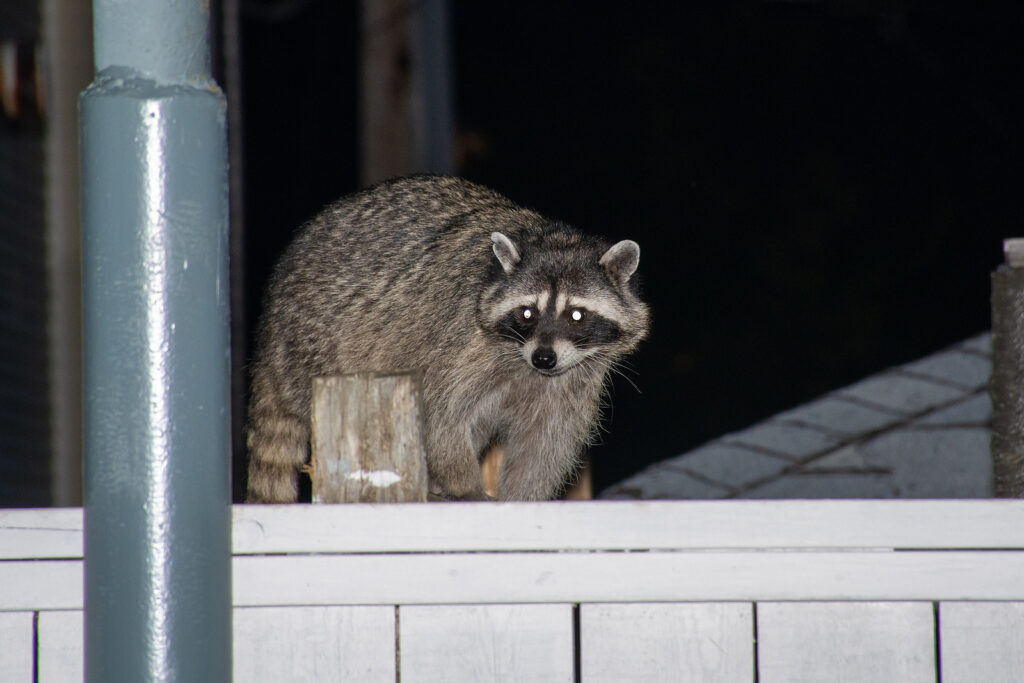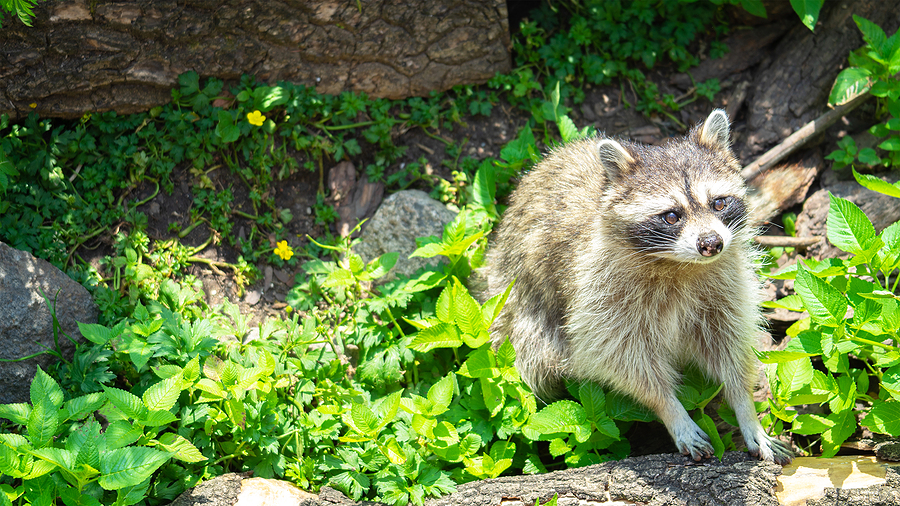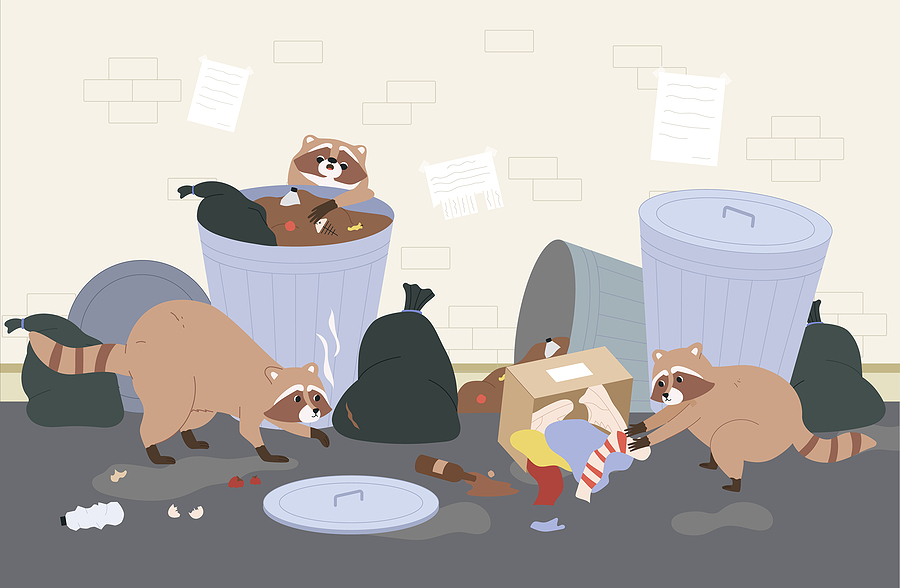As cities become more densely populated, they often bring with them an influx of nuisance wildlife. These animals are known as synanthropes – species that have adapted to living in close proximity to humans and make their homes in urban areas. Synanthropes can be both beneficial and detrimental, depending on the circumstances.
In this blog post, we’ll explore the role of synanthropes in urban areas and look at ways to manage them effectively, so they don’t become a nuisance or hazard. We’ll also discuss how animal removal services can help keep these populations under control while still allowing us to appreciate the beauty of nature even within our cities.

The Pros and Cons of Synanthropes
In urbanized areas, synanthropes are beneficial in that they help keep the environment clean by eating insects and small animals. Synanthropic species like raccoons, skunks, opossums, foxes, and coyotes can help reduce the number of pests that have become a nuisance in cities. Synanthrope populations can also help balance the ecosystem by providing food for predators like owls and bobcats.
Unfortunately, synanthropic animals can become a nuisance if their populations are not managed properly. Synanthropes like rats, mice, and pigeons can carry diseases that threaten public health; other species such as raccoons and opossums may raid garbage cans and damage property. Synanthrope populations can also become overpopulated, leading to competition for resources like food and shelter that can cause increased aggression between animals.
Solutions to Synanthropic Behaviors
The best way to manage urban wildlife is through animal control services. Wildlife removal experts are trained to safely and humanely remove nuisance wildlife from urban areas without causing harm to either the animals or people. Animal removal services in Nashville also provide education about how to prevent animal infestations in urban areas by eliminating sources of food and shelter, such as garbage cans and compost piles.
Nashville Animal Removal Services
Wildlife removal and control in Nashville, Tennessee is essential for keeping synanthropic populations under control while still allowing us to appreciate their presence in our cities. Synanthropes are an important part of urban ecology, providing balance and beauty to our urban environments. By safely and humanely removing these nuisance wildlife from our cities, we can enjoy the beauty of nature even within city limits.
Do-It-Yourself Nuisance Wildlife Control
Controlling nuisance animals around your property can be a nuisance in itself, but there are ways to ensure that any wildlife passing through is either discouraged from settling down or deterred away altogether. Animal proofing your property is essential, including making sure all entryways are sealed and refuse is properly disposed of so as not to attract scavenging wildlife. You may want to use scent repellents or motion-activated water sprays if nuisance wildlife problems are especially persistent, as these can help keep animals like skunks and raccoons away. If the problem persists, contact a licensed Nashville wildlife control service who will be able to assist you in safely removing nuisance wildlife from your property.
If you are having trouble with wild animals in Tennessee or the Smoky Mountain area, don’t wait any longer and hire a professional operator to help manage your critter control. Contact Smoky Wildlife Control at 615-610-0962 for prompt and professional animal removal in Nashville, Tennessee. We also provide animal infestation cleanup and repair for both residential and commercial clients.
Related Posts:
The Ecological Importance of Beavers
Why You Should Not Feed the Wild Animals Around Your House
How to Feed Squirrels Without Turning Them Into a Nuisance


